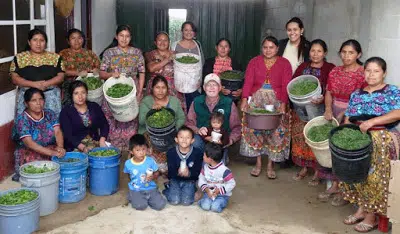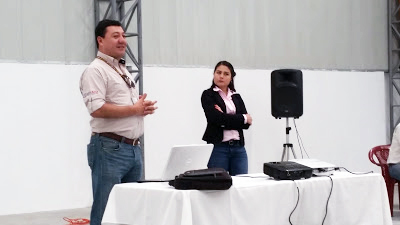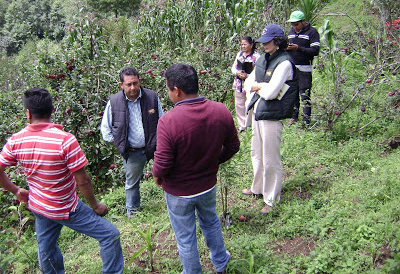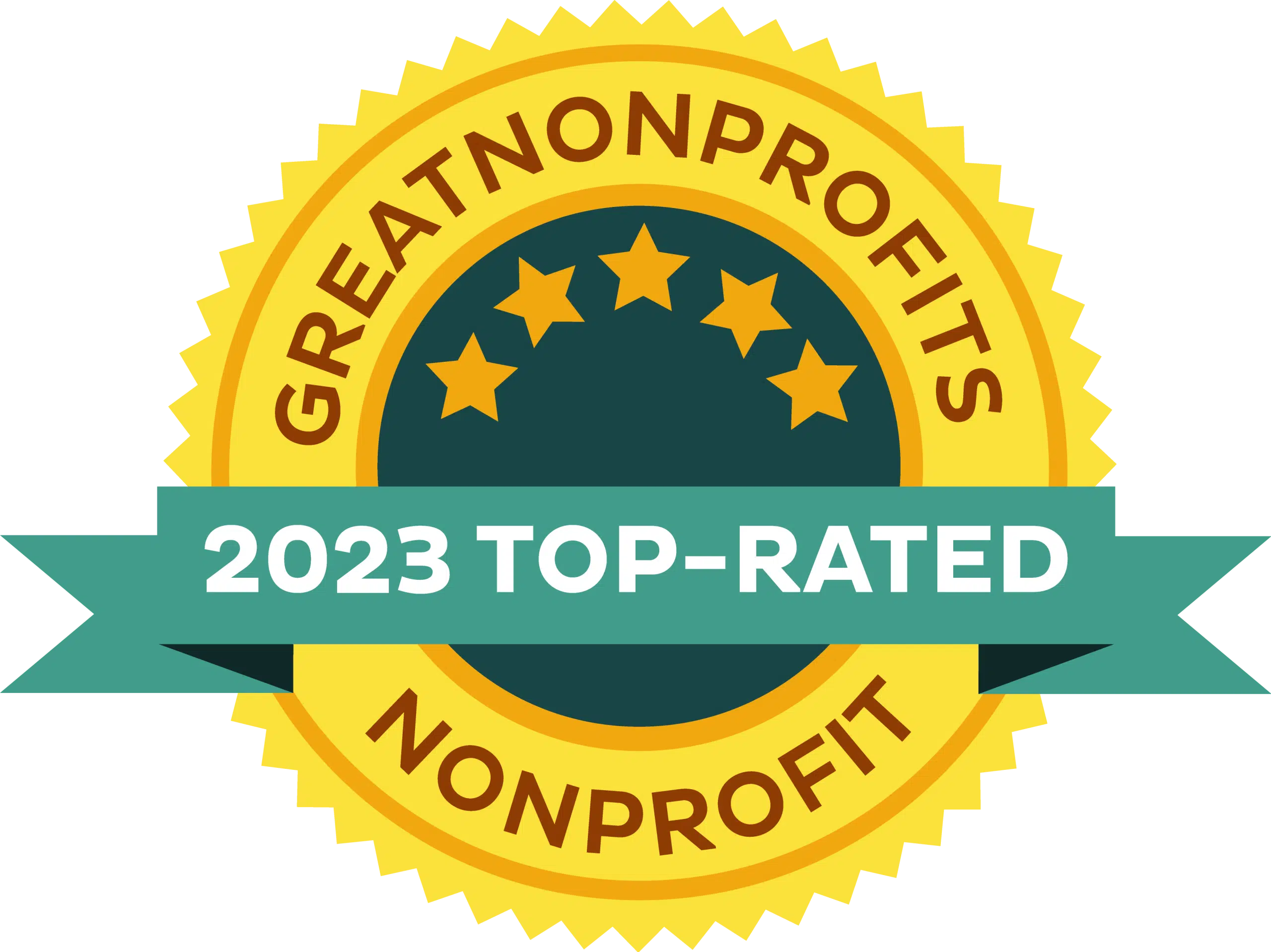This post is adapted from Partners of the Americas’ Agriculture and Food Security blog.
As Partners reaches the halfway point of its 2013-2018 Farmer-to-Farmer (F2F) program, our staff are reviewing and analyzing program data and reflecting on the program so far. Below, José Cano, the Country Coordinator for the Guatemala F2F program, shares highlights and information on what the program has been able to accomplish so far in Guatemala.
Partners’ Farmer-to-Farmer (F2F) program is playing an important role in strengthening rural development in Guatemala by upgrading capacity-building, supporting rural value chains with high potential for impact, focusing on gender, and facilitating strategic alliances with public, academic, private, and international cooperation. To keep advancing Guatemala´s development we have to continue asking ourselves and answering three basic questions: 1) What do we have? 2) What do we want? and 3) How do we accomplish the results we want to see?
Since F2F began in Guatemala back in May 2014, we have focused on training farmers, women, and youth from a variety of organizations, including rural producer associations, small farmers groups, small and medium sized enterprises, cooperatives, and Universities. F2F volunteers have been providing technical assistance in two main areas: Value-Added Horticulture and Rural Enterprise Development.
F2F Country Coordinator, José Cano, presenting the F2F program to a women’s group
Our Value-added Horticulture Strategy provides producers with knowledge, skills, and appropriate technologies to yield a variety of horticultural crops to sell in local, regional, or international markets or for household consumption. Adding value to horticultural products offers great opportunities for Guatemalan producers, so F2F volunteers assist producers and processors in meeting quality and sanitation standards, giving them the opportunity to obtain domestic and international certification.
Rural Enterprises in Guatemala – from individual households to medium or large operations – are engaged in producing and distributing goods and services. They also play a vital role in poverty reduction and economic development. However, they need improved access to local, urban and regional markets. Therefore, F2F works to promote the products of rural enterprises, identify potential micro-enterprise opportunities, and build capacity in key skills such as business development, market orientation, and leadership.
F2F volunteer, Beth Sastre Flores, meeting with apple producers during her assignment
In these two and a half years working in Guatemala, we have completed over 71 volunteer assignments with 10 partners and 37 host organizations. Through these assignments, we have assisted almost 6,000 beneficiaries. To manage the high demand for volunteer assignments, we work with our hosts and partners to develop Operational Plans. These Operational Plans help us identify each organization’s specific needs for technical assistance. Writing a good Operational Plan is crucial for making better assignments and ensuring that each assignment contributes to a greater impact. Ongoing monitoring and evaluation before, during, and after each assignment is also important for our program so we can provide adequate follow-up to the recommendations volunteers make to hosts.
To learn more about the impact of the F2F Guatemala program, please see our Success Stories page. You can also visit the Guatemala F2F Facebook page.






